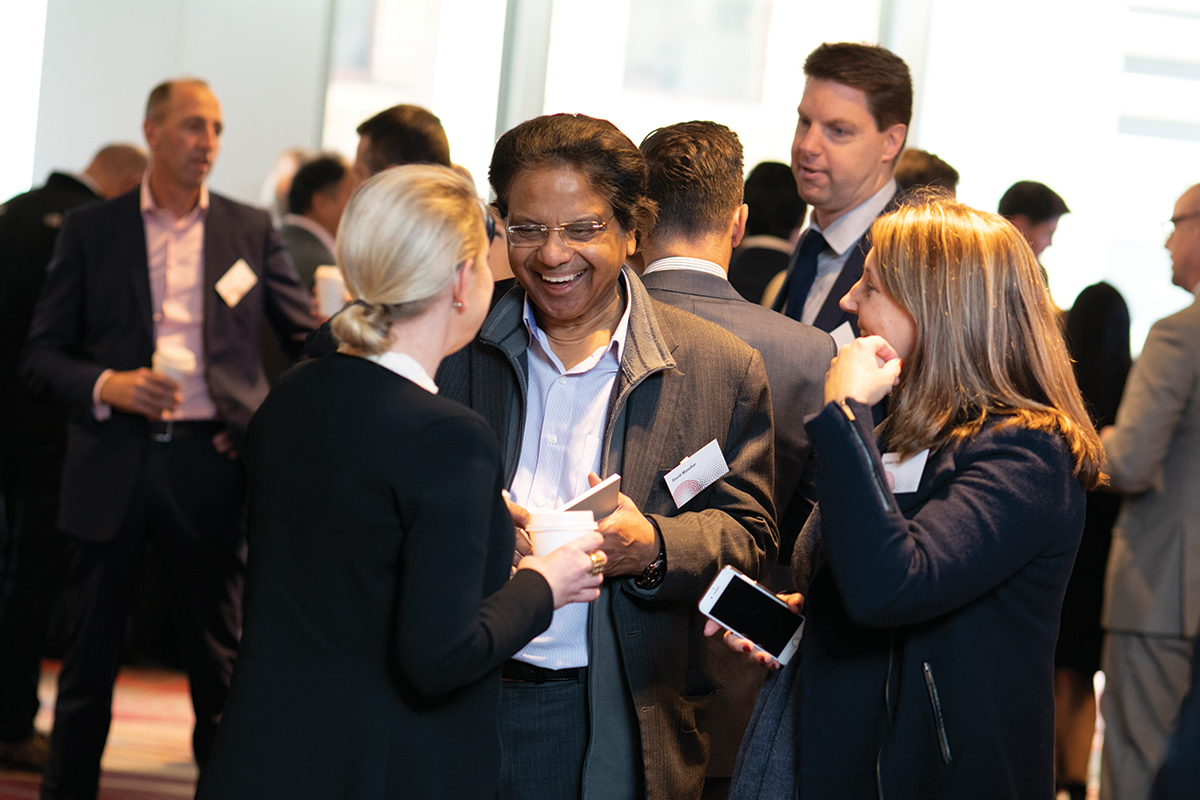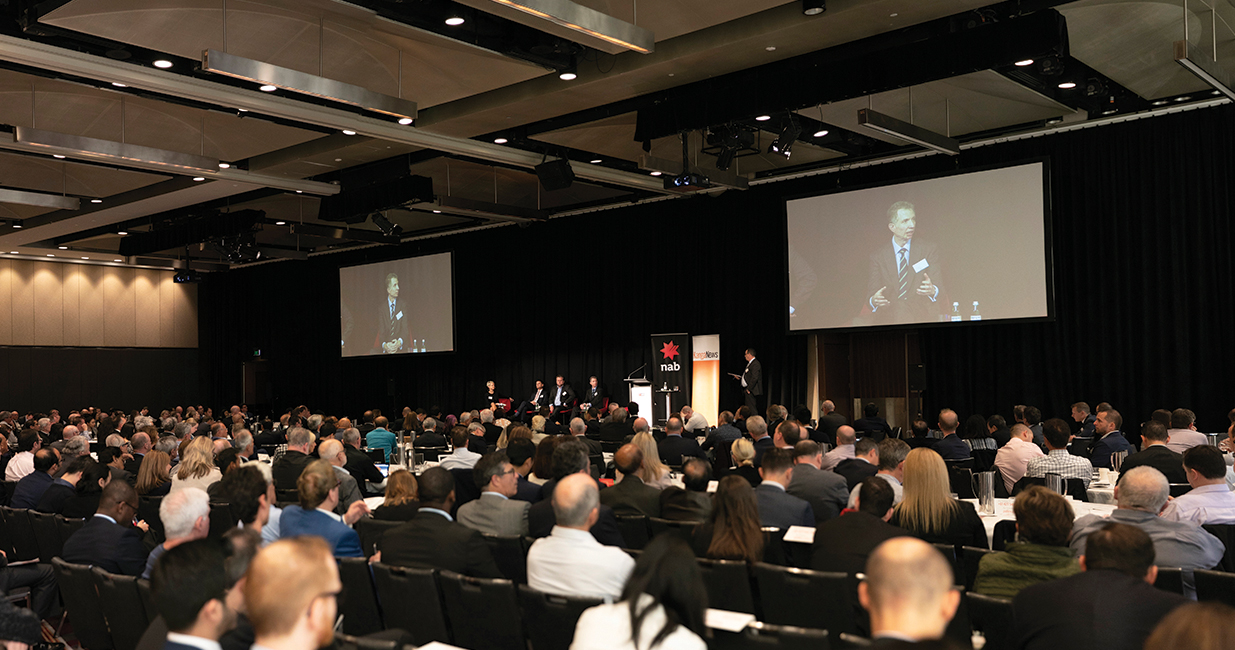
Investment for an uncertain future
KangaNews and National Australia Bank’s Fixed Income Beyond the Institutional Sector Summit returned to Sydney on 1 August. Agenda discussions focused on the future economy and what investors need to do to adapt to a rapidly changing world, with perspectives from a stellar range of speakers spanning the business and market universe.
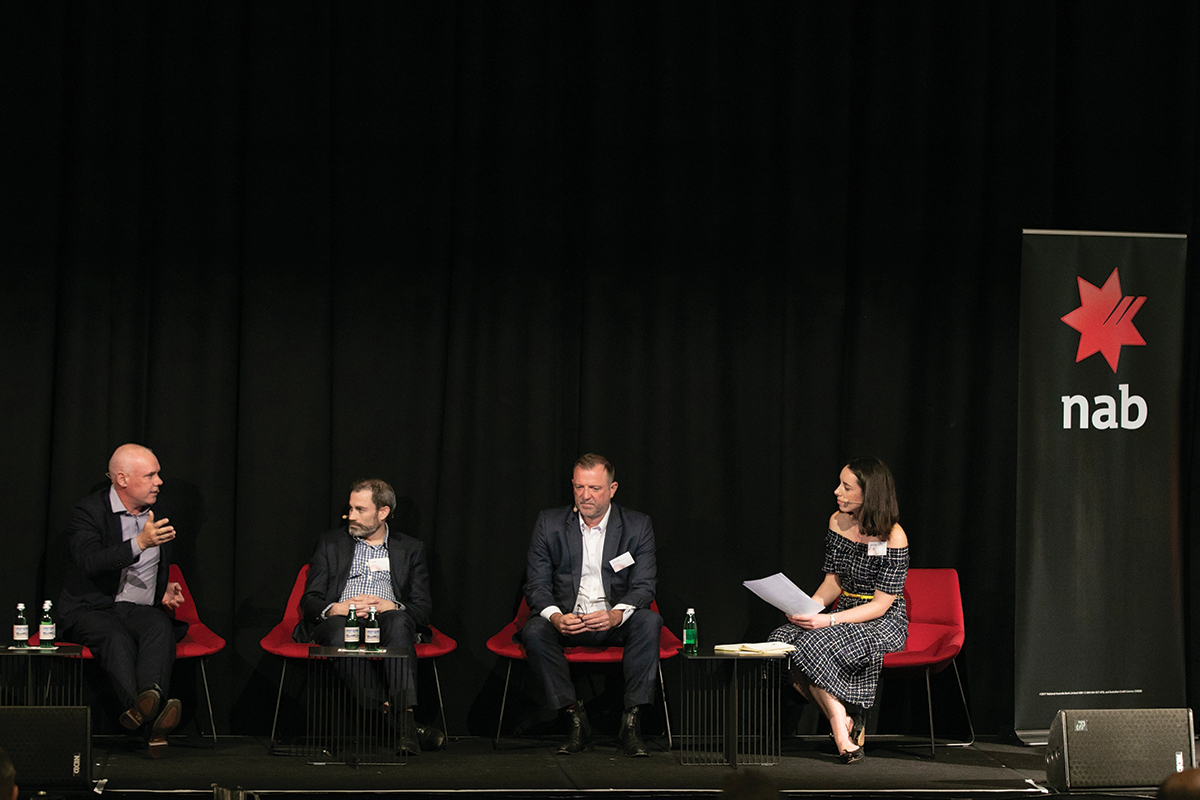
"A lot of scale is going to be added to the financial-planning industry through consolidation, in part because the regulator is introducing more stringent controls which will require scale. Clients are also going to demand more – value-add will come from the relationship outside of straightforward investment decisions."
"If you consider that AI uses the expertise of thousands of inputs, an index fund sounds similar to what AI is doing – it’s really the individual decisions of thousands of investors reflected in a single portfolio. In a way, investment markets have been deploying AI principles for well over 40 years."
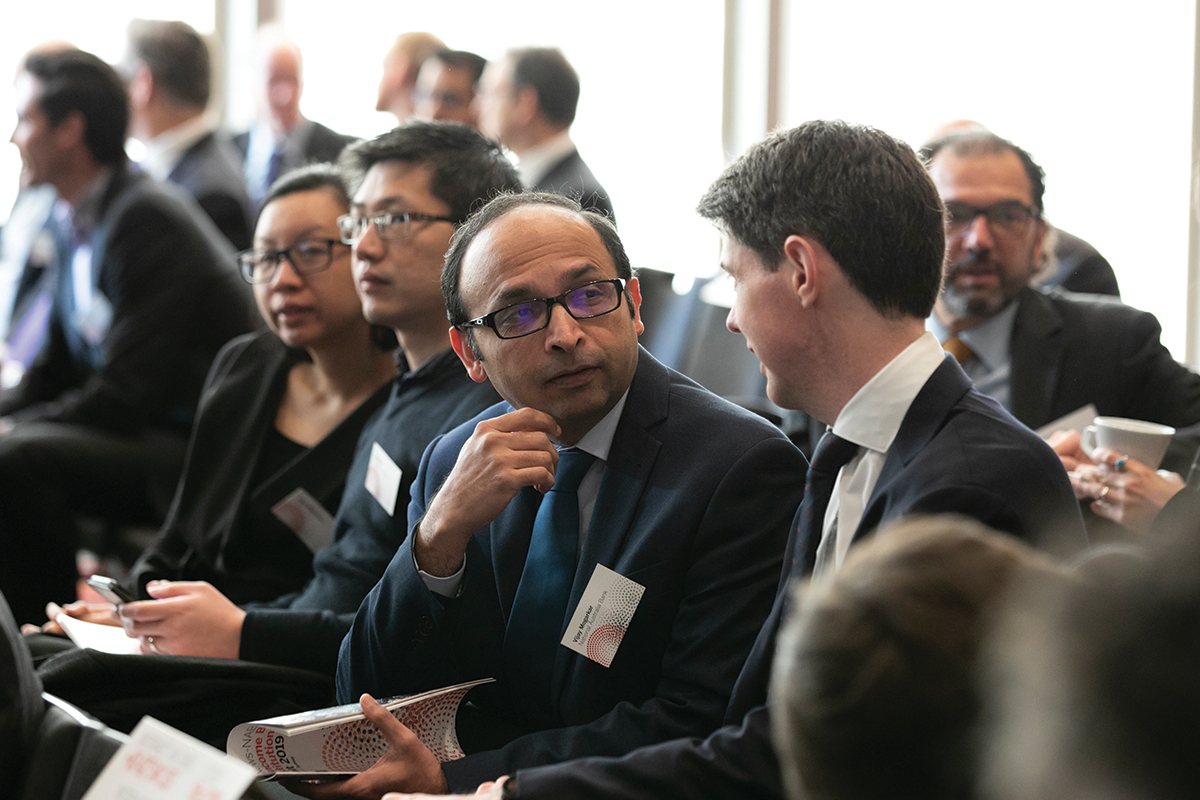
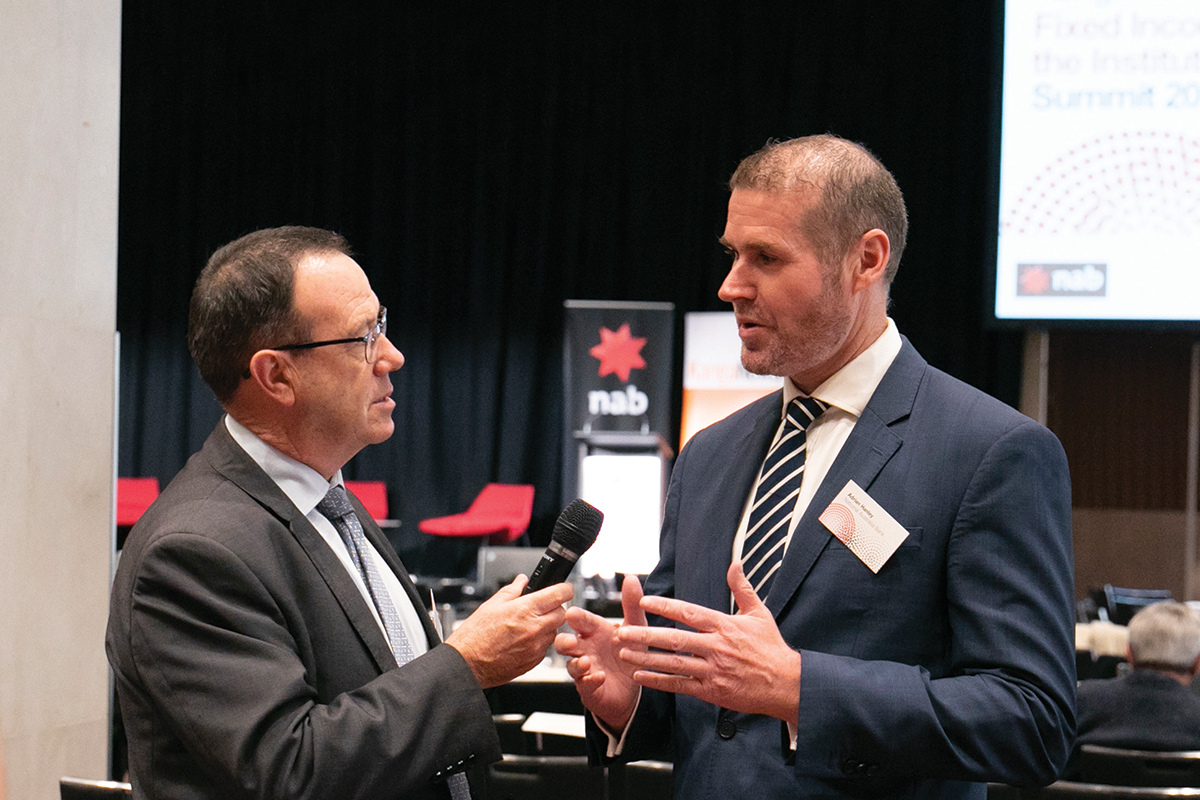
"I think it will be possible to embrace AI and other tools but also to retain focus on relationship-based advice. This is easier for a boutique type of firm. I can imagine the mass market, where the key consideration is operating on fundamentally sound investment principles, moving more fully to robo advice."
"Banks now need to open their books – which was never historically the case in Australia, where banks liked to keep all their assets to themselves. The ascent of private equity has also helped the leveraged-loan market develop, and I think we will continue to see the high-yield bond market develop alongside loan products."
"There is approximately A$1.4 trillion outstanding in the Australian investment-grade bond market and, according to the RBA, 50 per cent of this gets traded. But Austraclear does not release trading data so retail investors are not able to see correct pricing for securities – which is a big obstacle to entering the market."
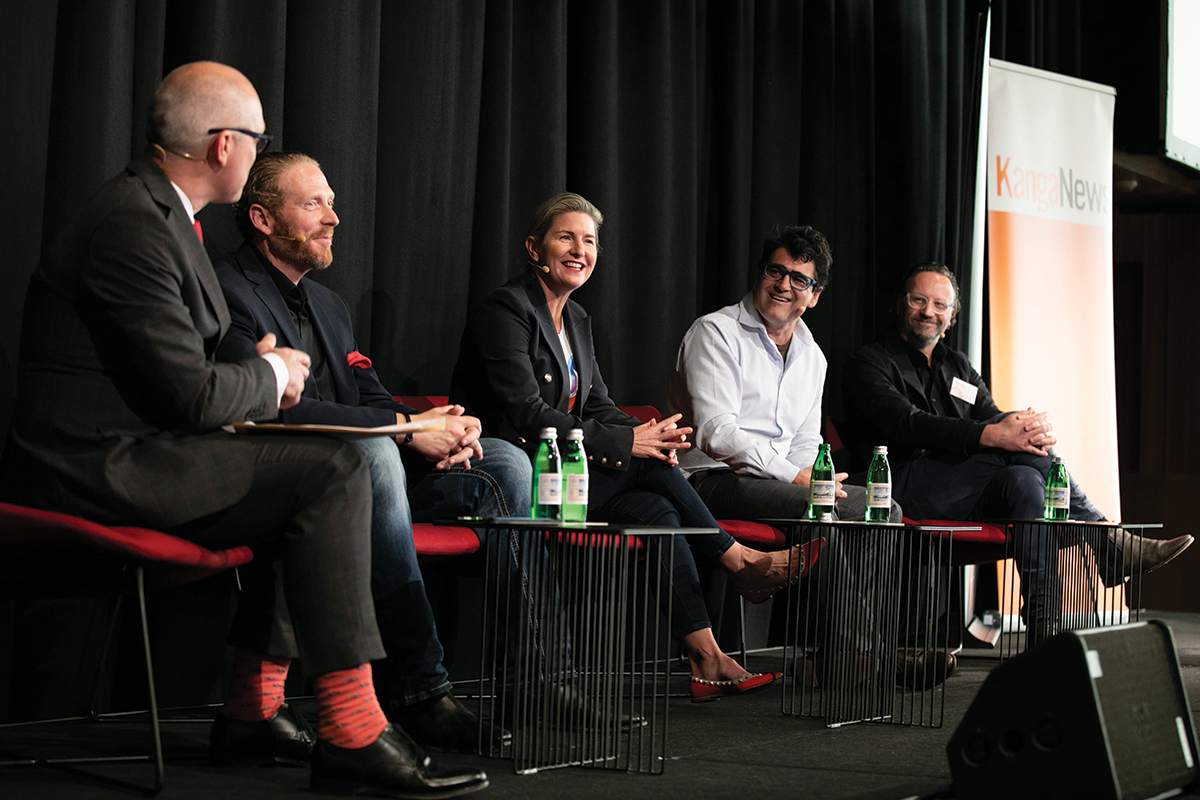
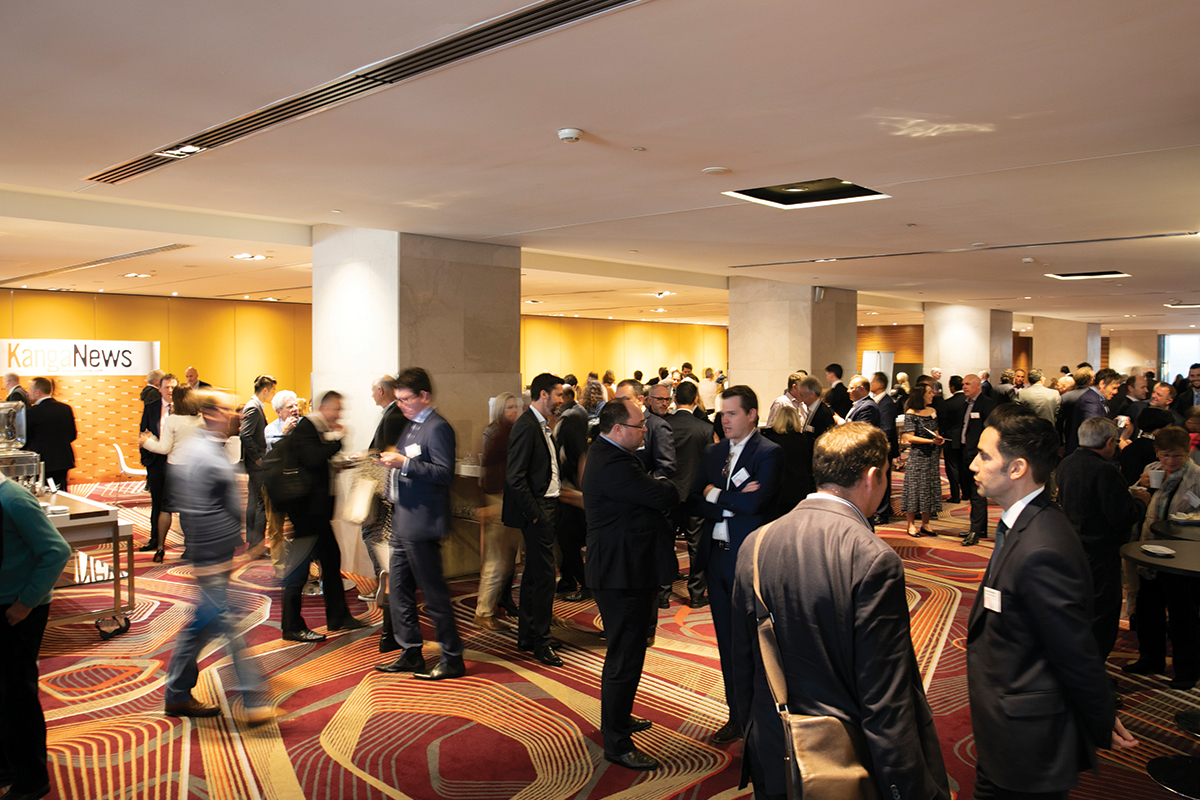
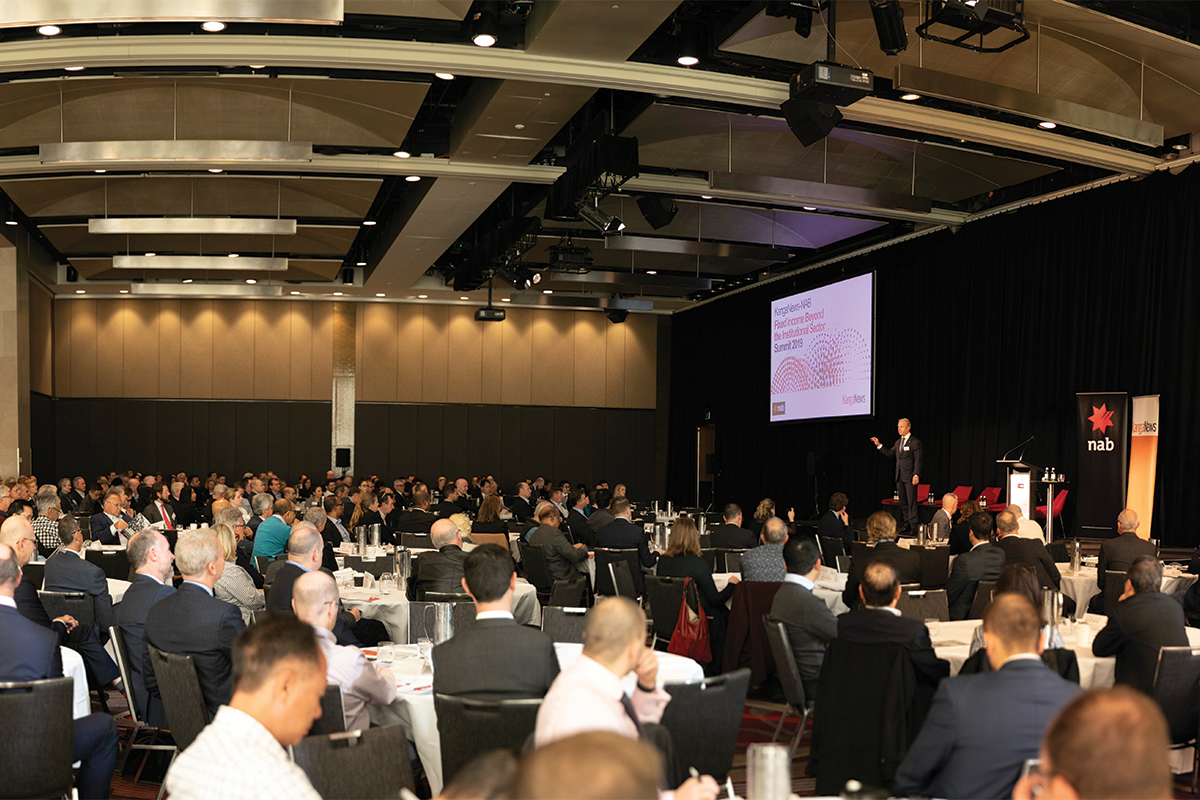
"When reviewing property investment opportunities, it is important to understand tenant quality and the quality of real estate. We want our tenants’ businesses to be successful and to grow so they will be long-term occupiers and also provide opportunities for us to grow with our tenants in the future."
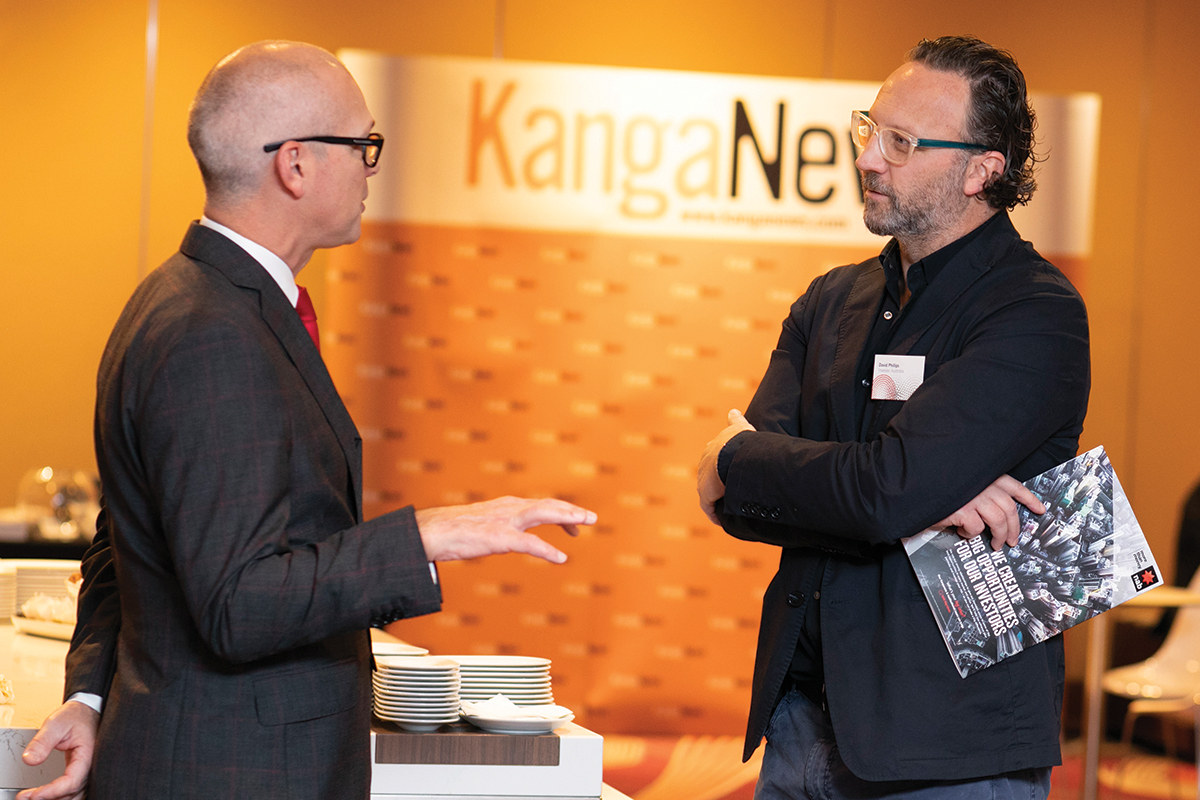
"Improving the NABERS ratings of buildings has become important as tenants are increasingly focused on sustainability. There are two-tier markets developing because some tenants, such as government offices, will not occupy a building with a low rating. A time will come where, in some cities, a building that doesn’t have a certain NABERS rating will be unleaseable."
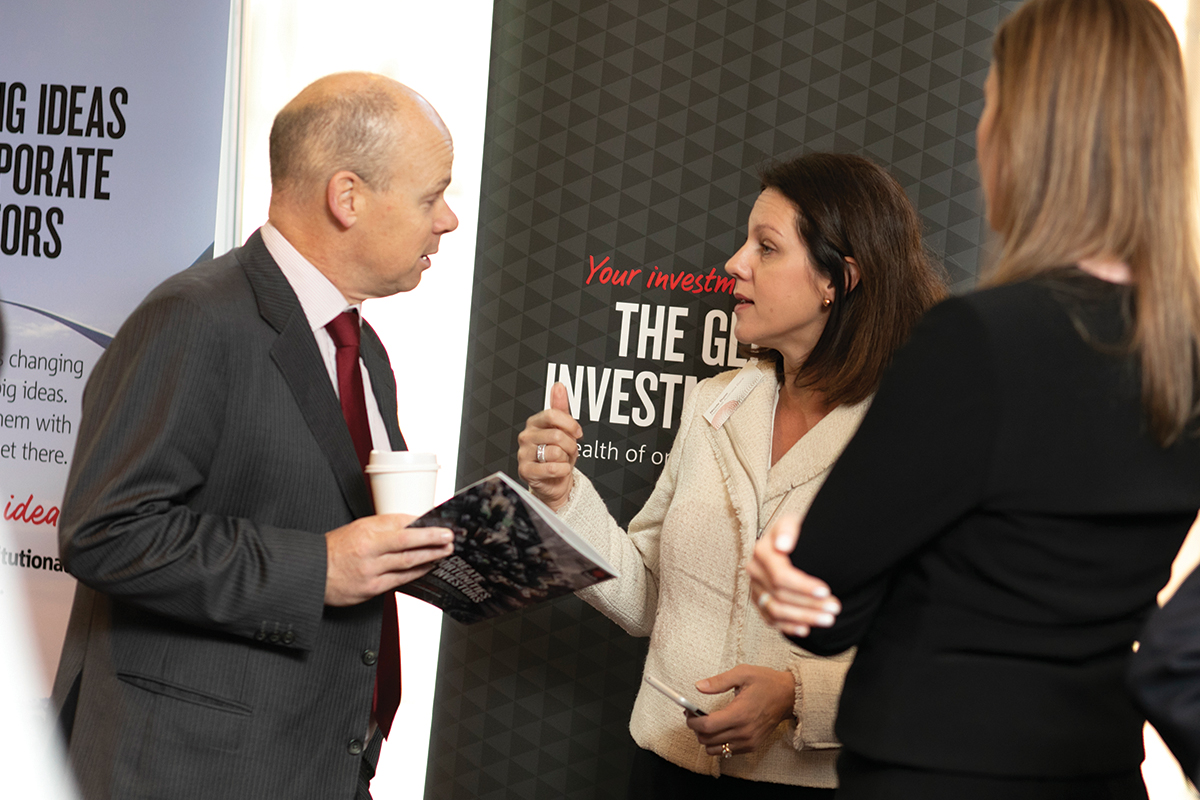
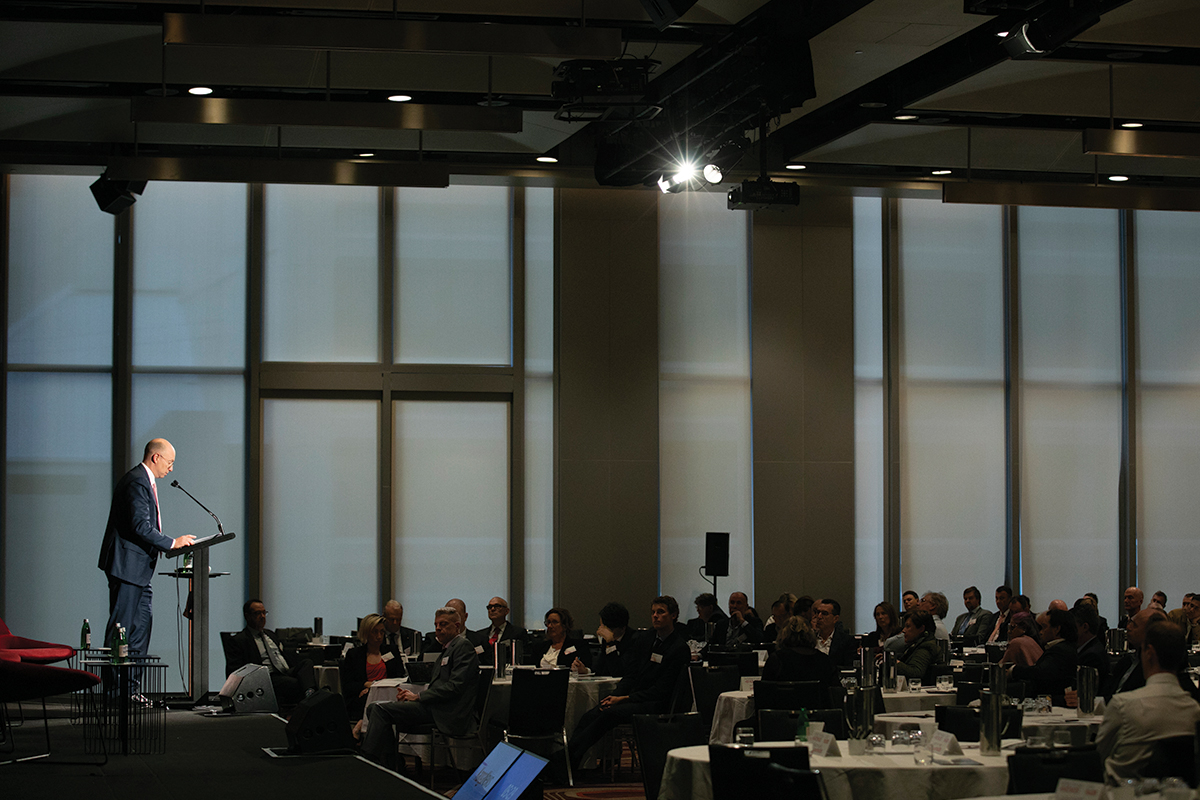
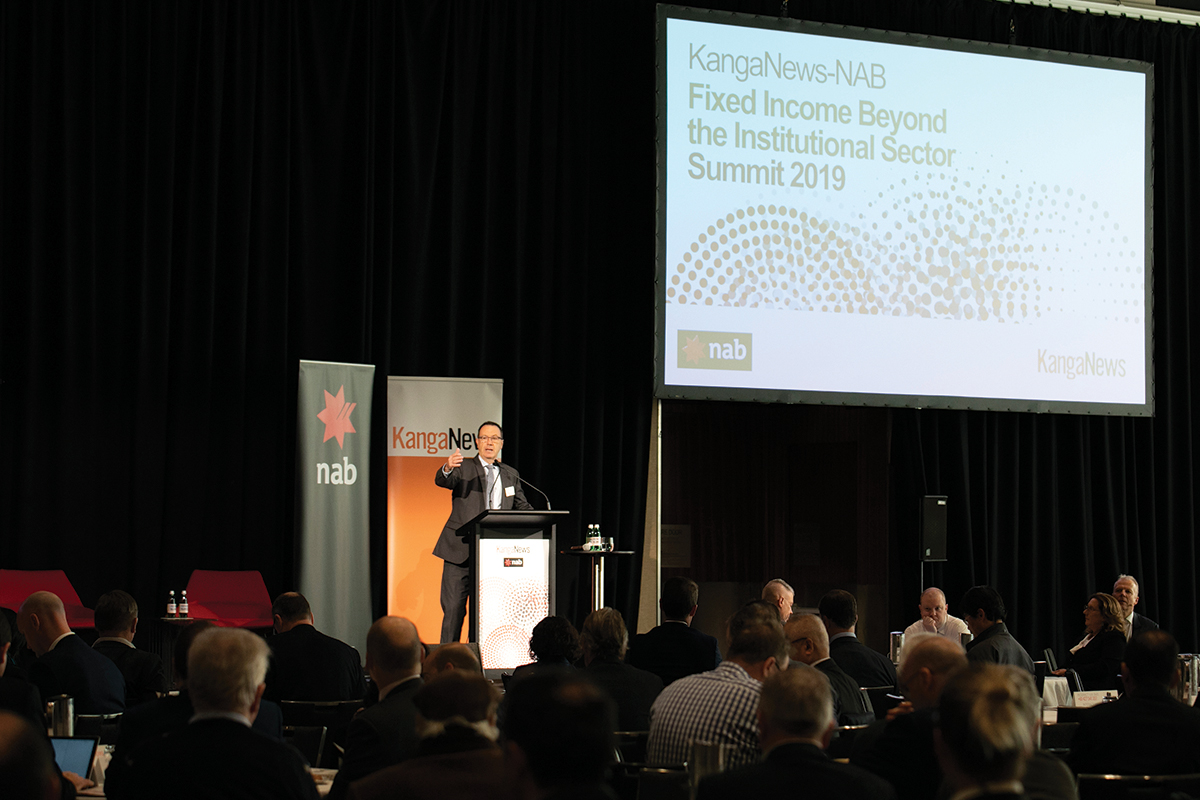
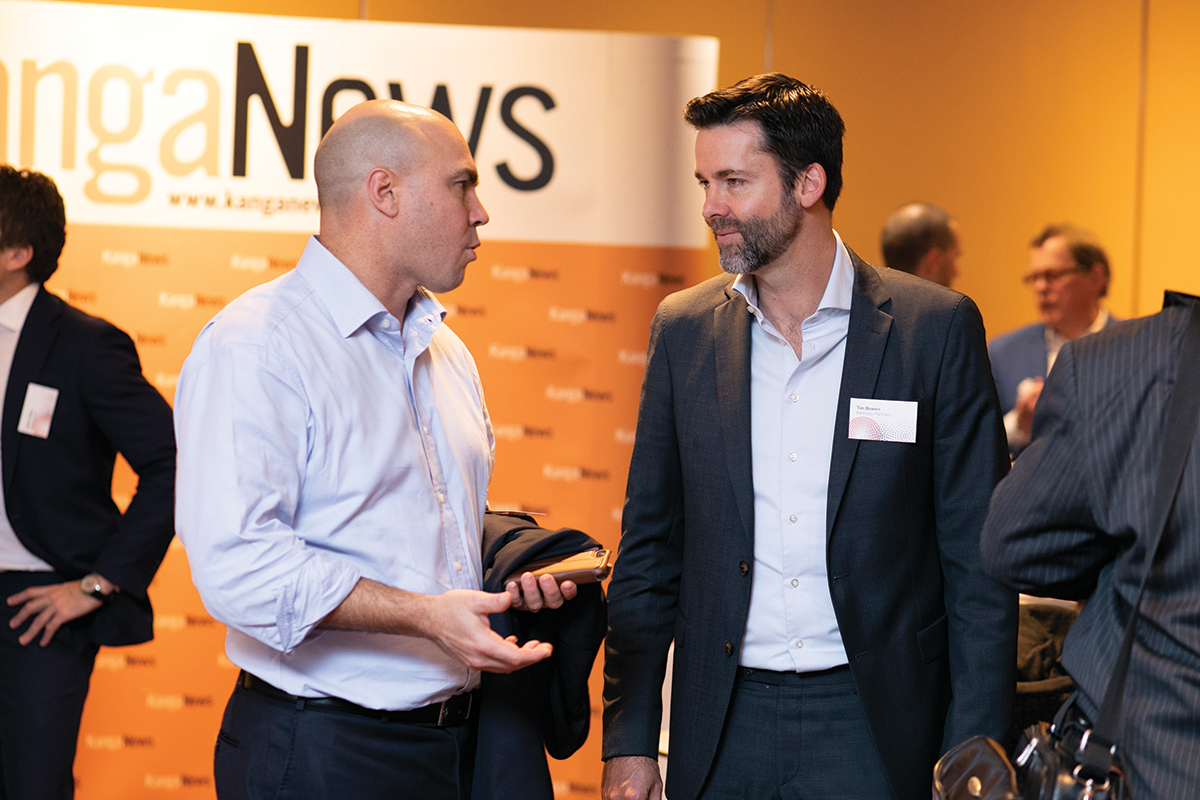
"UBank is a good example of an incumbent disrupting itself. The ability to be a bank – or a fintech with a banking licence – gets rid of old models of banking while circumventing the problems that arise from horizon-thinking which incumbents typically face. If UBank were to build a ‘mini-NAB’ we would have failed as an organisation."
"Some of the greatest disruptions have come in highly regulated industries. The reason Uber was able to be so disruptive was because it completely disintermediated the government’s role in the taxi industry. Regulation is important, but in these instances it is often catching up to the business model."
"I think it is reductive to focus on generations – to talk about ‘millennials’, for instance. What the internet brings is transparency and the removal of information asymmetry. People – and especially young people – can look into your business and see if you are authentic. Fundamentally, consumers do not want to be misled."
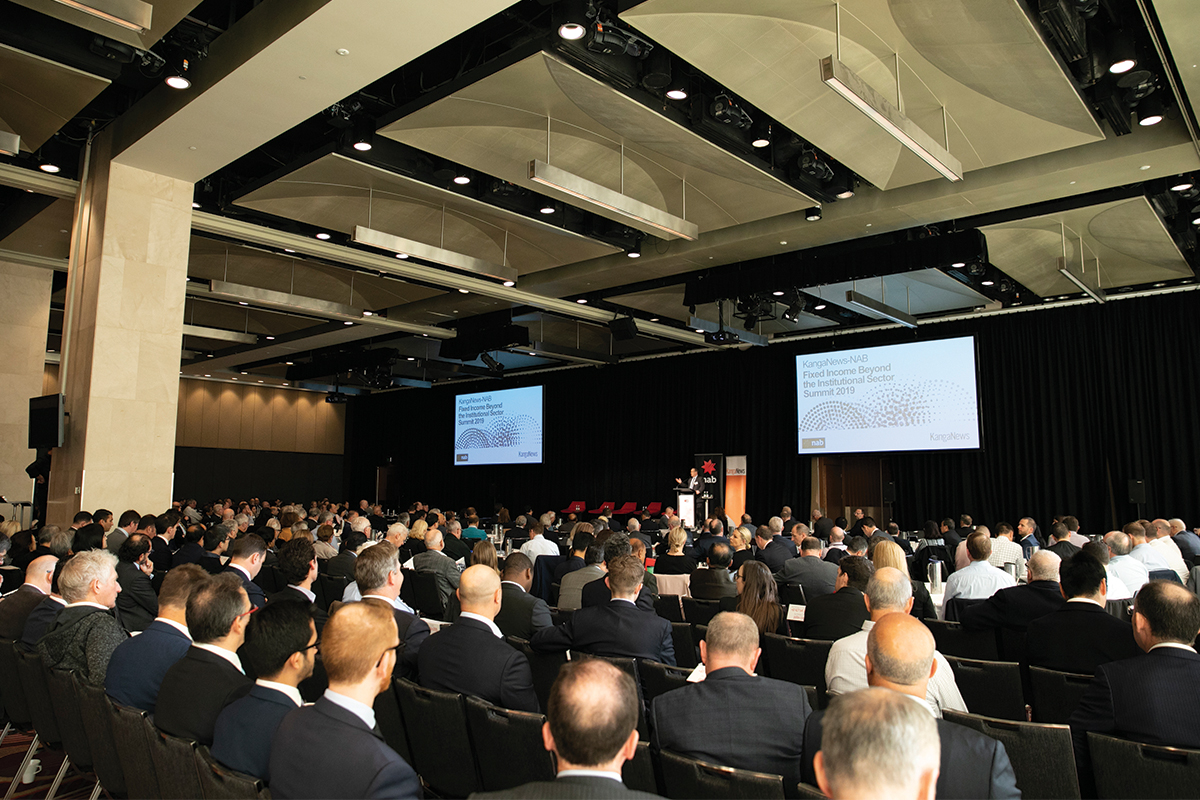
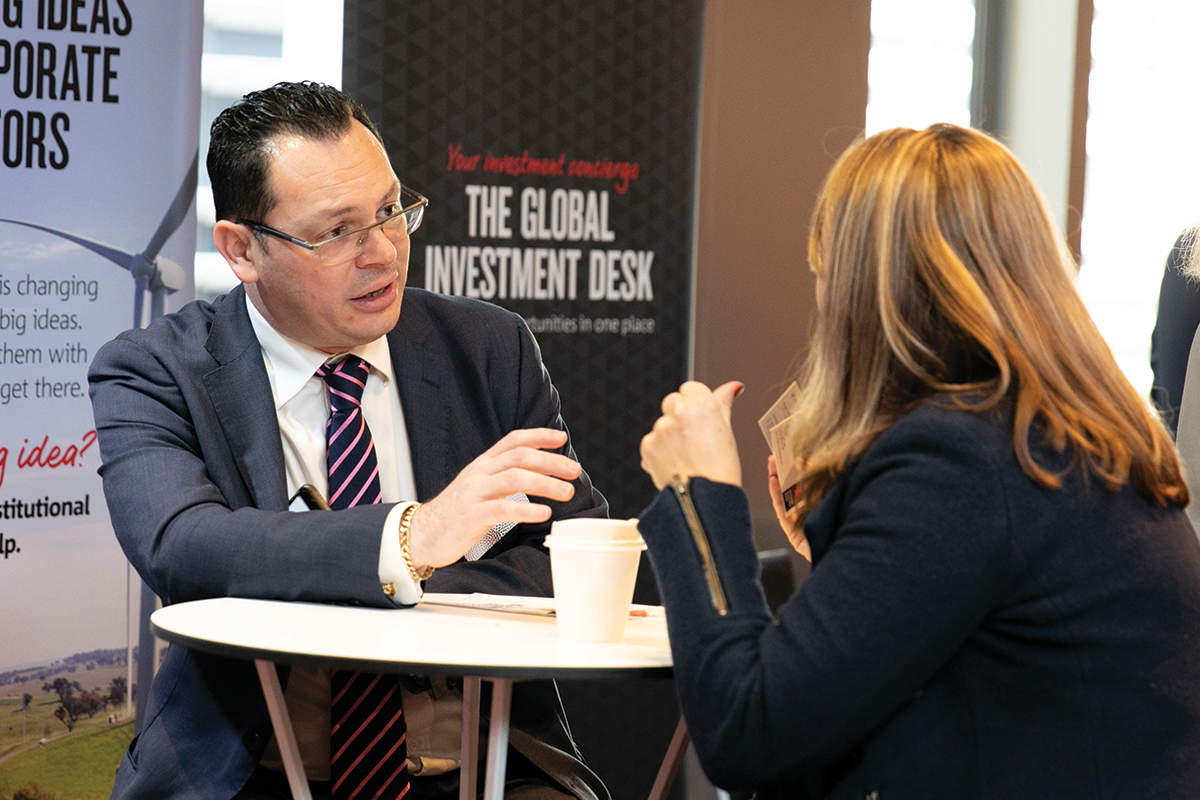
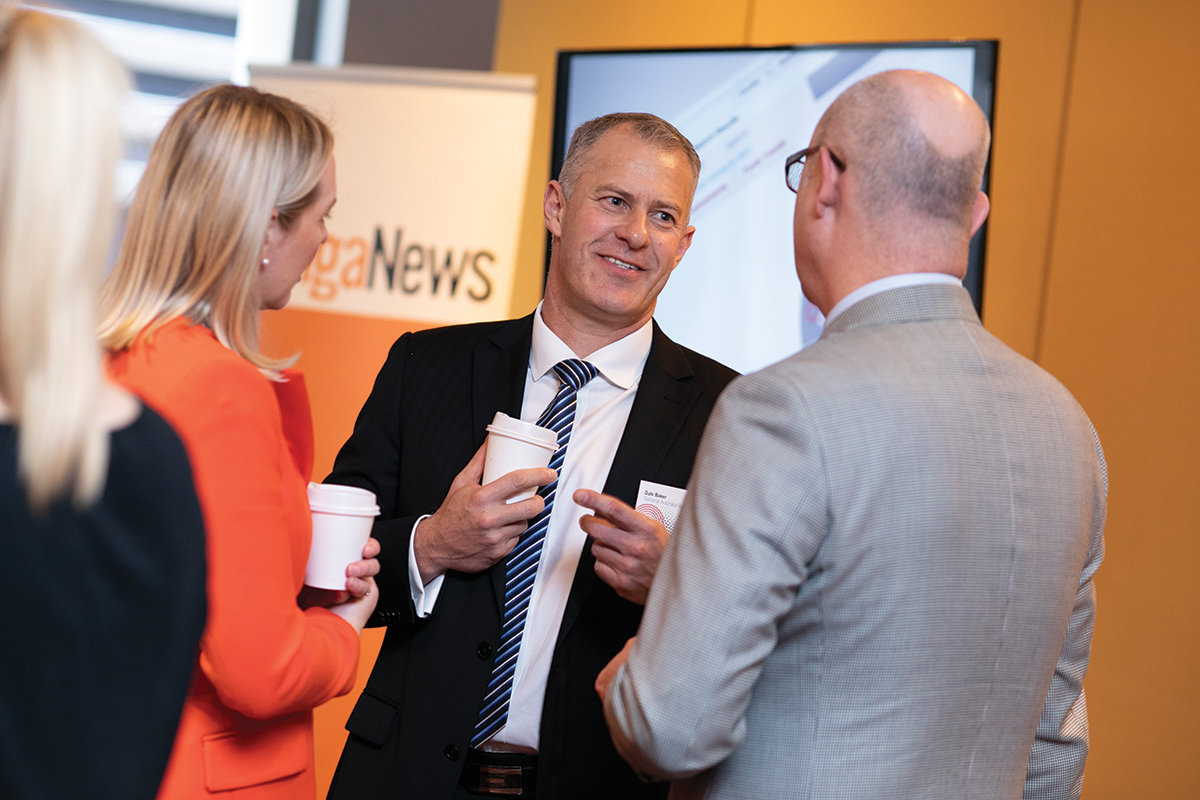
"Economics will drive a shift towards clean energy as investment in fossil fuels becomes less viable. We will get to 50 per cent of renewables in 10 years’ time – it is just a question of whether it is a stable transition with supportive government policy or a continuation of the slightly chaotic transition we have experienced in recent years."
